Karl Storz 27018A Hopkins Arthroscope 0-Degree 2.7 mm
Introducing the Karl Storz 27018A Hopkins Arthroscope for Sale.
Karl Storz 27018A Hopkins Arthroscope Features
- Straight Forward Telescope 0-degree
- 2.7 mm Diameter
- 180 mm total length
- Autoclavable
- Fiber Optic Light Transmission Incorporated
- Color code: Green
About Arthroscopy
Arthroscopy is a surgical procedure orthopedic surgeons use to visualize, diagnose, and treat problems inside a joint. The word arthroscopy comes from two Greek words, “arthro” (joint) and “skopein” (to look). The term literally means “to look within the joint.”
In an arthroscopic examination, an orthopedic surgeon makes a small incision in the patient’s skin and then inserts pencil-sized instruments that contain a small lens and lighting system to magnify and illuminate the structures inside the joint. Light is transmitted through fiber optics to the end of the arthroscope that is inserted into the joint. By attaching the arthroscope to a miniature television camera, the surgeon is able to see the interior of the joint through this very small incision rather than a large incision needed for surgery.
Doctors use arthroscopy to help diagnose and treat a variety of joint conditions, most commonly those affecting the:
- Knee
- Shoulder
- Elbow
- Ankle
- Hip
- Wrist
Karl Storz History
Karl Storz founded his company for the production of ENT instruments, headlamps and binocular loupes in 1945. This interest in medical vision, illumination, and thus physics consequently led him to specialize in endoscopes. He became fascinated with the idea of developing instruments that would enable the physician to look inside the body. However, the technology available at the time was still very limited. The area under examination in the interior of the human body was illuminated with miniature electric lamps. Alternatively, attempts were made to reflect light from an external source into the body through an endoscopic tube.
Karl Storz quickly realized that this method would not provide adequate illumination and so he resolved to find an alternative. In realizing this dream, Karl Storz benefited from two rather contradictory character traits: The unerring meticulousness of the craftsman and the imaginative power of the artist and inventor. The solution he found still holds true today: Very bright light generated by an external light source is introduced into the body through a flexible fiber optic light cable. The principle of “cold light illumination” paved the way for modern endoscopy and laid the foundation for the future success of the company KARL STORZ. With more than 400 patents and utility models, Karl Storz has played a crucial role in the development of modern endoscopy.

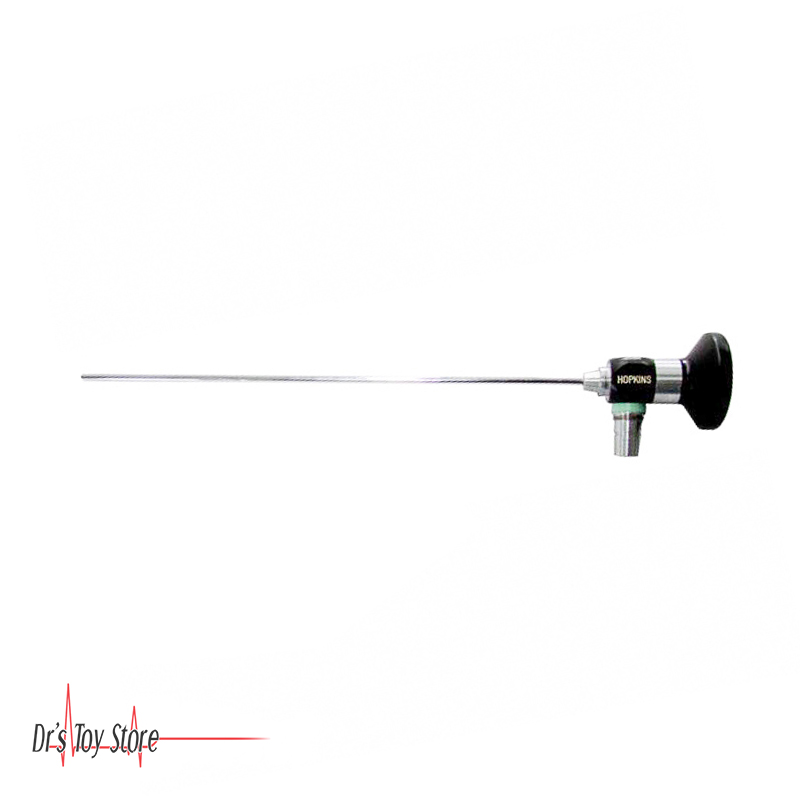
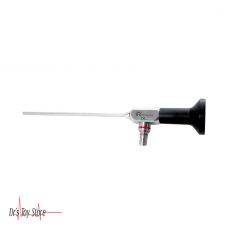
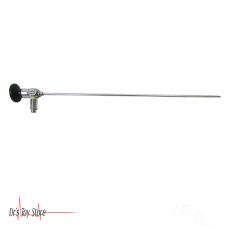
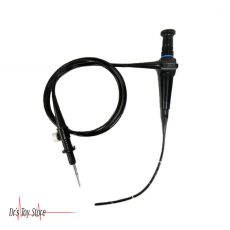
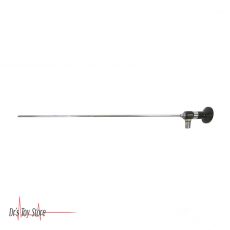
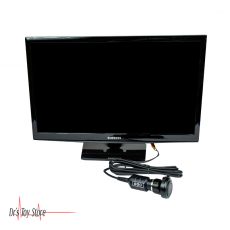
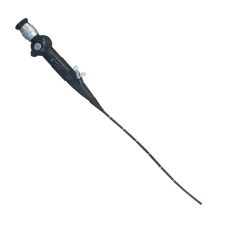
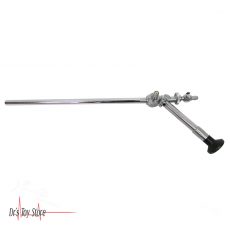
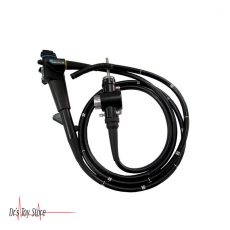
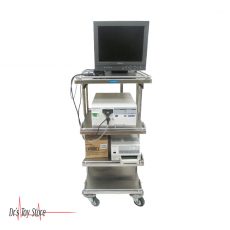

Reviews
There are no reviews yet.